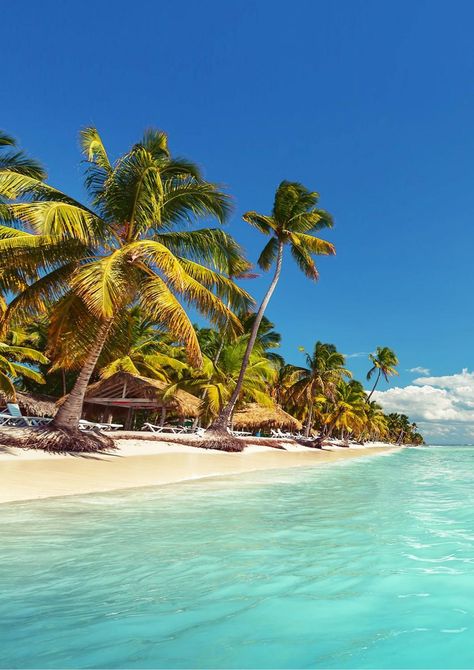Note: please check this link before traveling.
https://www.canada.ca/en/public-health/news/2022/09/government-of-canada-to-remove-covid-19-border-and-travel-measures-effective-october-1.html

Free Images from Pixabay
The pandemic has restricted a lot of activities for us. But now since the travel ban has been lifted, we still have to be vigilant on the things we need to do to be travel ready.
There can be no denying the devastating impact the pandemic had on the travel industry, with hundreds of thousands of jobs lost and businesses closed. Over a million planned trips were canceled due to COVID. The surprise of this caught many off guard, and they wondered: “How long would this go on? Will things go back to the way they were?”
Luckily, as the years 2019, 2020, 2021, and 2022 have passed, the tourism industry has been able to bounce back. It took some time for the industry to come up with sustainable strategies that would keep itself afloat and adhere to the multitude of travel trends that have surfaced due to the pandemic.
Now, as we have completed the first quarter of 2023, we can safely say that the tourism industry is up and running as it used to, but of course, with several modifications.
During the Pandemic, one of the most affected sectors associated with leisure is traveling. At this time a lot of travelers are now itching to plan their next international or domestic trip again despite facing another global impact of the Russian-Ukraine war. It triggered a massive shock to the global economy, especially to energy and food markets, squeezing supply and pushing up prices to unprecedented levels. Compared with other economic regions, the euro area has been particularly vulnerable to the economic consequences of Russia’s invasion of Ukraine.
But since the purpose of this website is about travel we all must be responsible travelers, especially during these trying times wherein the war can affect anyone at any time and any place. In terms of proper safety and hygiene protocol, we must still continue protecting ourselves to have an enjoyable vacation, since there are some countries that are still implementing these protocols.
With that being said, there are several travel restrictions that travelers must observe and abide by. In this blog, we will be tackling all of that to ensure you still have fun with your trip to different destinations you want to discover.
NOTE: You have to understand fully the changes in travel industry requirements after the Pandemic. You must call or check your destinations for any new restrictions, your airline’s new policies ahead of time while preparing for your next trip. If it’s not done properly these will affect your vacation or you will be denied entry.
Entry Requirements in Foreign Countries
![]()
![]() Free image by Pixabay
Free image by Pixabay
There are various entry requirements per country. Here are the general requirements being asked from travelers who wish to travel:
- In some European countries, Travelers who have been in an RKI-designated virus-variant area in the last 10 days must present a negative PCR test, not older than 48 hours, regardless of vaccination or recovery status.
- For those countries that do not require travelers to undergo quarantine, they will only implement a tourist being quarantined once results show that they are positive.
- Travelers must prepare their visas especially if the country they will be traveling to requires it as an entry requirement.
- A medical deposit may be asked from tourists depending on the country you have yourself tested.
- Some places only accept select travelers to enter their country.
- Several countries have suspended both e-visa and visa on arrival to their country.
- Some countries recommend tourists acquire travel insurance. If I were you, get one for your peace of mind.
The general entry requirements shown above may “change” at any given time. Feel free to contact local authorities in your vicinity to stay updated in regard to entry requirements. Again, traveling to other countries or within the country is a traveler’s responsibility, and said travelers must respect and observe safety protocols and entry requirements in the country they are about to visit.
Remember, before you travel, you must always be prepared. Be equipped with everything that you will need to be permitted to enter a particular country.
Before You Travel
Before you travel, consider pondering these questions to yourself and your travel companions:
- Secure a medical certificate from your family doctor if you or any of your family member traveling with you has any ailments that needed to be covered by your personal insurance.
- Are you a high-risk person? Just about anyone can be infected with any sickness, especially elderly people.
- Do you live with high-risk people at home? Once you get back from your trip, there is a high possibility you may inflict any kind of virus onto your loved ones who suffer from severe illnesses or your grandparents.
Stay Safe with Proper Safety and Hygiene Protocols
If adventurers will continue to travel whether internationally or within the country, they must refer to the safety protocols shown below as these would help avoid them from getting infected or infecting others:
- Travelers must always practice hand hygiene, more frequently now than ever in any place for that matter. This must be observed especially when one coughs or sneezes. Hand hygiene includes cleaning the hands with soap and water for at least 20 seconds or cleansing the hand with an alcohol-based sanitizer that contains 60% alcohol.
NOTE: According to health articles, it is still better to cleanse our hands with soap and water because it eliminates more germs, bacteria, and viruses.
- Avoid and refrain from touching your nose, mouth, and eyes, especially when you are outside.
- Always cover your nose and mouth with your elbows or tissue when you sneeze or cough. Then properly dispose of the tissue used and perform proper hand hygiene.
- Medical masks are actually not required to be worn by individuals who are not sick. There have been no claims that a mask would protect a non-sick person from getting infected with any kind of virus.. However, in some countries, they strictly implement the rule of wearing face masks. Tourists must respect and follow such safety protocols.
- Observe social distancing. Maintain a distance of 2 meters between you and the people around you.
- Limit contact too frequently touched surfaces. Doorknobs, elevator buttons, handrails, etc.
- Avoid contact with anyone that is sick.
- As much as possible, convert to cashless payments.

